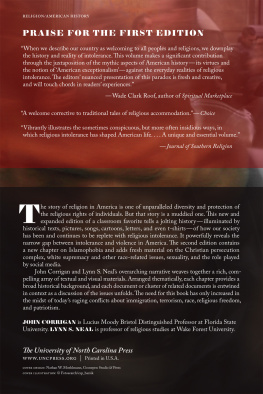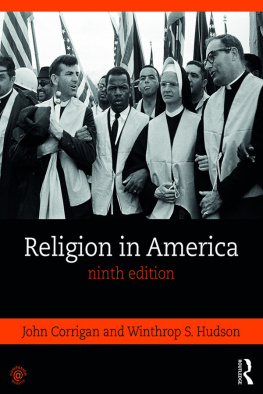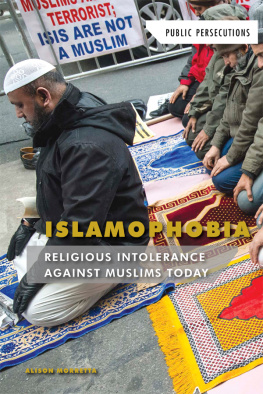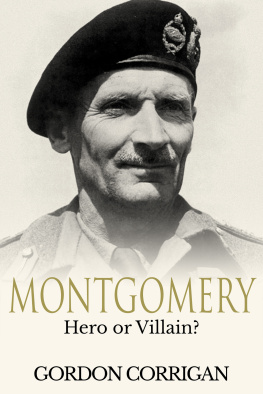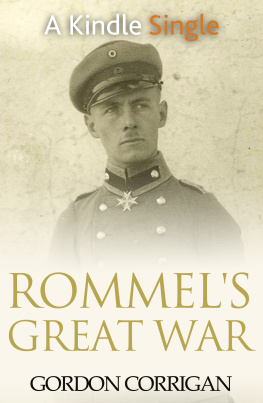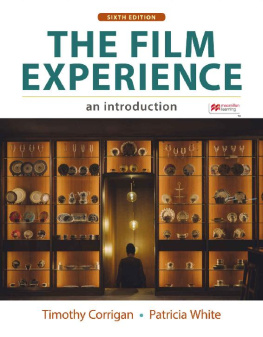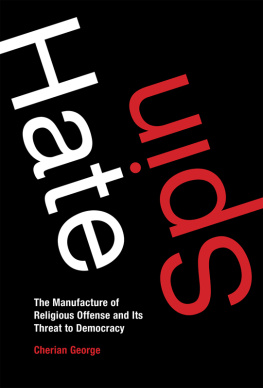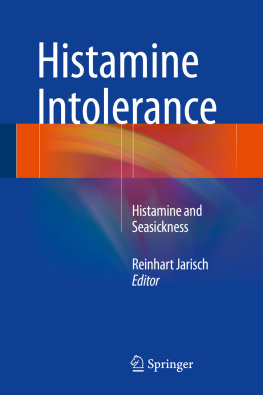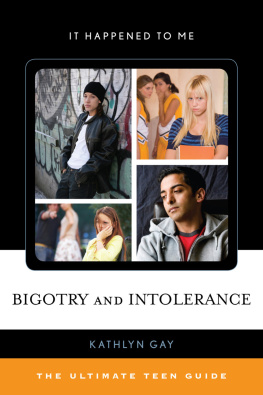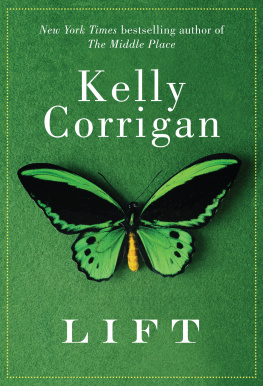john Corrigan - Religious Intolerance in America
Here you can read online john Corrigan - Religious Intolerance in America full text of the book (entire story) in english for free. Download pdf and epub, get meaning, cover and reviews about this ebook. year: 2019, publisher: The University of North Carolina Press, genre: Religion. Description of the work, (preface) as well as reviews are available. Best literature library LitArk.com created for fans of good reading and offers a wide selection of genres:
Romance novel
Science fiction
Adventure
Detective
Science
History
Home and family
Prose
Art
Politics
Computer
Non-fiction
Religion
Business
Children
Humor
Choose a favorite category and find really read worthwhile books. Enjoy immersion in the world of imagination, feel the emotions of the characters or learn something new for yourself, make an fascinating discovery.
- Book:Religious Intolerance in America
- Author:
- Publisher:The University of North Carolina Press
- Genre:
- Year:2019
- Rating:3 / 5
- Favourites:Add to favourites
- Your mark:
- 60
- 1
- 2
- 3
- 4
- 5
Religious Intolerance in America: summary, description and annotation
We offer to read an annotation, description, summary or preface (depends on what the author of the book "Religious Intolerance in America" wrote himself). If you haven't found the necessary information about the book — write in the comments, we will try to find it.
Religious Intolerance in America — read online for free the complete book (whole text) full work
Below is the text of the book, divided by pages. System saving the place of the last page read, allows you to conveniently read the book "Religious Intolerance in America" online for free, without having to search again every time where you left off. Put a bookmark, and you can go to the page where you finished reading at any time.
Font size:
Interval:
Bookmark:
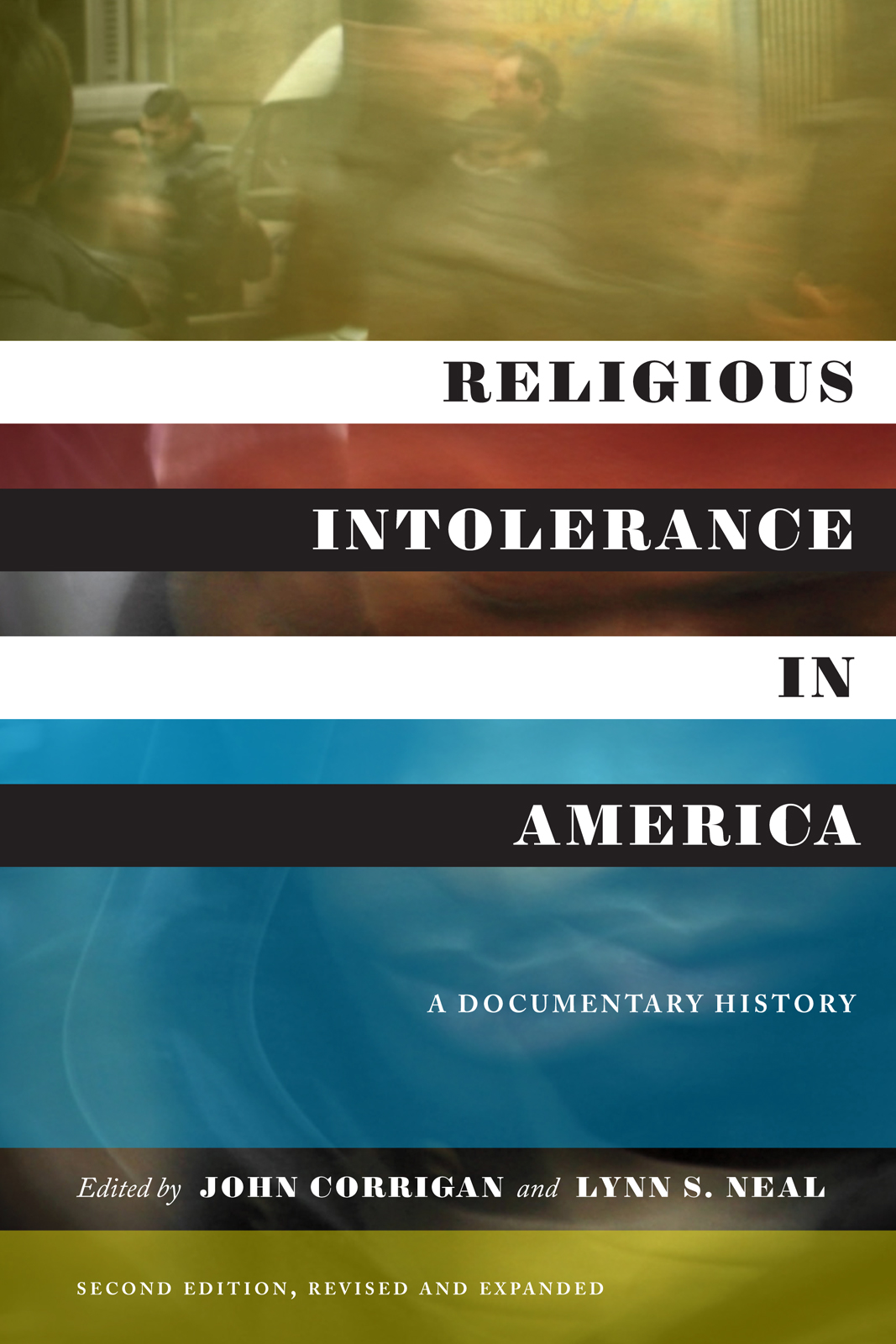
Religious Intolerance in America
A DOCUMENTARY HISTORY
Second Edition, Revised and Expanded
EDITED BY JOHN CORRIGAN AND LYNN S. NEAL
The University of North Carolina Press Chapel Hill

2010 The University of North Carolina Press
2019 The University of North Carolina Press
All rights reserved
Manufactured in the United States of America
Designed by Courtney Leigh Baker and set in Matrix Script and Arno Pro by Rebecca Evans. The University of North Carolina Press has been a member of the Green Press Initiative since 2003.
978-1-4696-5561-1 (cloth: alk. paper)
978-1-4696-5562-8 (pbk: alk paper)
978-1-4696-5563-5 (e-book)
The Library of Congress has cataloged the original edition as follows:
Religious intolerance in America : a documentary history / edited by John Corrigan and Lynn S. Neal.
p. cm. Includes bibliographical references and index.
ISBN 9780-807833896 (cloth : alk. paper)
ISBN 9780-807871188 (pbk : alk. paper)
1. United StatesReligion. 2. DiscriminationUnited States. 3. Religious toleranceUnited States. I. Corrigan, John II. Neal, Lynn S.
BR517.R45 2010
200.973dc22 2009044820
For Patrick Palermo and our students
I believe in an America that is officially neither Catholic, Protestant, nor Jewishwhere no public official either requests or accepts instructions on public policy from the Pope, the National Council of Churches or any other ecclesiastical sourcewhere no religious body seeks to impose its will directly or indirectly upon the general populace or the public acts of its officialsand where religious liberty is so indivisible that an act against one church is treated as an act against all.
For, while this year it may be a Catholic against whom the finger of suspicion is pointed, in other years it has been, and may someday be again, a Jewor a Quakeror a Unitarianor a Baptist. It was Virginias harassment of Baptist preachers, for example, that helped lead to Jeffersons statute of religious freedom. Today I may be the victimbut tomorrow it may be youuntil the whole fabric of our harmonious society is ripped at a time of great national peril.
Finally, I believe in an America where religious intolerance will someday endwhere all men and all churches are treated as equalwhere every man has the same right to attend or not attend the church of his choicewhere there is no Catholic vote, no anti-Catholic vote, no bloc voting of any kindand where Catholics, Protestants and Jews, at both the lay and pastoral level, will refrain from those attitudes of disdain and division which have so often marred their works in the past, and promote instead the American ideal of brotherhood.
Text of Senator John F. Kennedys Speech to the Greater Houston Ministerial Association, September 12, 1960, in Patricia Barrett, Religious Liberty and the American Presidency (1963)
For a close critical reading of the manuscript and for many good suggestions I am grateful to my seminar students Cara Burnidge, Shawntel Ensminger, Daniel Dillard, Joshua Fleer, Jonathan Olson, Tammy Heiss, Adam Ware (who also logged images), Steve Adams, Barton Price, and Molly Reed (who also located an obscure illustration). Jason Leto was a great help tracking down a document. Lauren Davis did her usual great job making the manuscript look good. Barton Price prepared a superb index. Lynn Neal, collaborator extraordinaire, kept the project on track through my numerous episodes of distractedness, challenged and prodded me, and actually seemed to understand what I was saying at times. Thanks for being a mind reader and a model of coauthorial energy and good humor. It has above all been a pleasure to work with Elaine Maisner at the University of North Carolina Press. Julie Bush expertly copyedited the second edition. We are grateful to her for her sharp eye, attention to detail, and thoughtfulness. Professor Patrick Palermo opened my eyes to the power of historical narrative and taught me as an undergraduate how to look behind the story for other stories. His enthusiasm for historical study was contagious, and his insistence that historians take the margins seriously was a gift that has profoundly shaped my own interests as a scholar. This is a long overdue and heartfelt thank-you to him.
JC
My commitment to this project emerged from and was sustained by my students. When addressing religious intolerance in class, they fearlessly asked questions and sincerely struggled with the issues. They continually showed me the necessity of studying this topic and emphasized its salience in their lives. From the beginning, then, this book has been for them. Thus, I must thank my numerous sections of Religion 101 and recognize the students in Religion 390/690/ESE 306, who enhanced my thinking about religious intolerance in numerous ways. Individual students also served as either research assistants or conversation partners. Thank you to Allyson Doughty Blalock, Cassie Cox Evans, Maegan Neal, Jessica Devaney, Matthew Imboden, M. Gregory Dragas, Christine Foust, Matthew Triplett and Kyla Nies. In addition, my thanks to Elaine Maisner at the University of North Carolina Press for her consistent and unwavering support of this project from its inception. Lastly, I would like to express my appreciation to John Corrigan. We embarked on this collaboration after a brief discussion at AAR in 2003 and have met to discuss our progress at AAR in all the years since. During this time, I have been so grateful that he took a chance on a newly minted Ph.D. and this project. He has my most sincere gratitude for being both my coeditor and a gracious mentor.
LSN
Religious Intolerance in America
In March of 1942, the Jehovahs Witnesses learned a difficult lesson in American history. Even though they were citizens with ties to Christianity, they were not welcome in the American religious landscape. In the midst of World War II, the Witnesses encountered hostility and suspicion, intolerance and violence, for their religiously based refusal to support the war and salute the flag. This perceived disloyalty to the United States, combined with their very visible evangelistic techniques, sparked intolerance in numerous towns and cities across the country, including Little Rock, Arkansas; Klamath Falls, Oregon; and West Jefferson, Ohio. Despite having won a recent Supreme Court case, Cantwell v. Connecticut (1940), that protected their evangelistic endeavors, they were detained by police in West Jefferson for distributing literature and for preaching their gospel on street corners. According to the affidavit of Jehovahs Witness J. E. Lowe, When reminded that the Supreme Court had ruled in our favor, [Officer] Wolfe replied We dont care for the Supreme Court and the Constitution dont apply here. Lowes affidavit describes the ensuing events, and the accuracy of Wolfes statement rings eerily true.
On March 21 three car-loads of Witnesses returned to West Jefferson. Officer Wolfe was seen going in and out of different places where men generally hang out in small towns. Then the town siren blew. A crowd of men gathered in front of the barber shop immediately began pushing the Witnesses and striking them. The five male members tried vainly to protect themselves and their wives and children, but were so greatly outnumbered that it was impossible. In their viciousness they hit women members and knocked them down, one of them unconscious, and blacked their eyes. They were reminded that they were fighting against Christians and taking the law into their own hands. They replied Thats exactly what were doingtaking the law into our hands.
Font size:
Interval:
Bookmark:
Similar books «Religious Intolerance in America»
Look at similar books to Religious Intolerance in America. We have selected literature similar in name and meaning in the hope of providing readers with more options to find new, interesting, not yet read works.
Discussion, reviews of the book Religious Intolerance in America and just readers' own opinions. Leave your comments, write what you think about the work, its meaning or the main characters. Specify what exactly you liked and what you didn't like, and why you think so.

